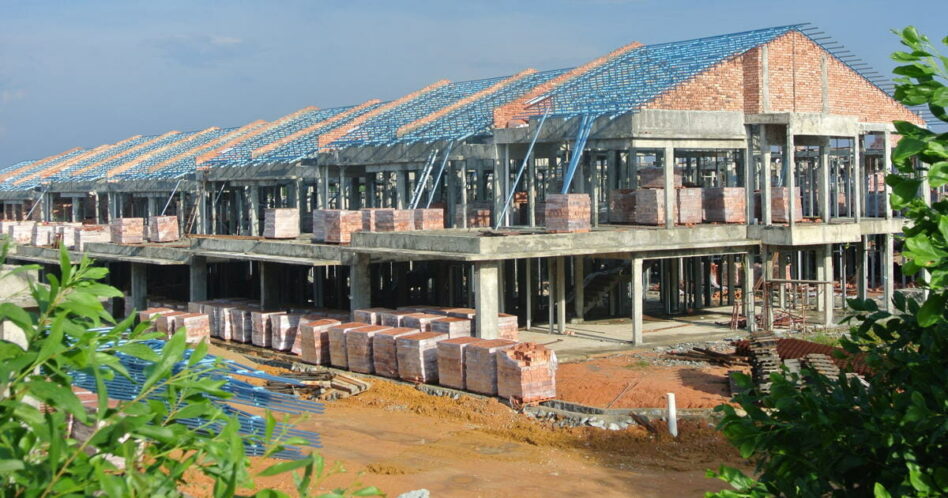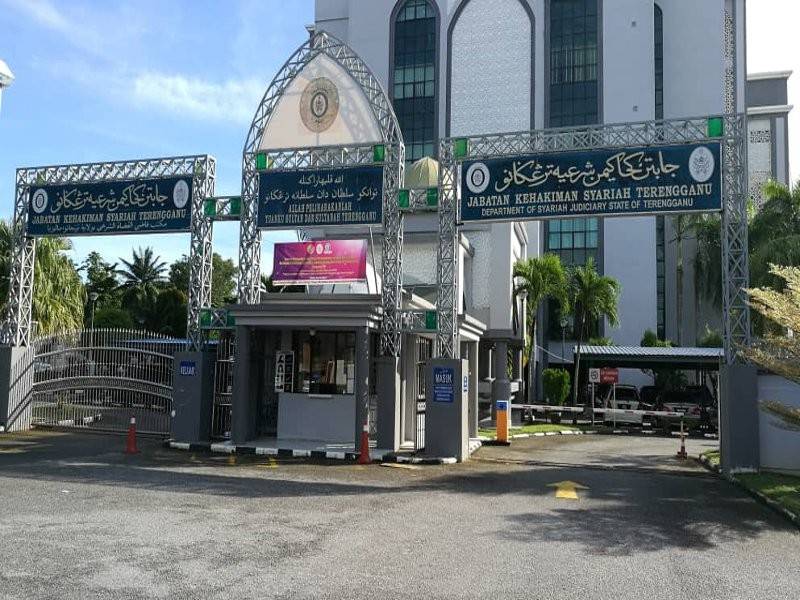SINGAPORE’s Ministry of Law (MinLaw) has announced that it will introduce the Covid-19 (Temporary Measures) Bill in Parliament next week, with the aim to offer relief to businesses and individuals who are unable to fulfil contractual obligations because of Covid-19.
The bill includes measures for relief from legal action on supply and lease contracts with an independent body of assessors to resolve disputes. There will be measures relating to bankruptcy and insolvency through the increase of the monetary threshold for individuals and businesses, as well as lengthening the statutory period to respond to demands from creditors.
“The Covid-19 pandemic, and the associated public health measures imposed by governments around the world, has had unprecedented and unforeseeable social and economic impacts,” notes MinLaw in its statement.
It points to supply chain disruptions and manpower shortages as examples of such impacts, among other consequences, and notes that this has undermined the ability of individuals and businesses to fulfil contractual obligations in many cases.
“It would be unfair to hold them strictly liable for their failure to do so,” said the ministry, which notes that the bill will complement the financial measures announced in Singapore’s Resilience Budget, a supplementary Budget 2020 that includes revised government revenue and expenditure plans for the current financial year addressing the rapidly evolving Covid-19 situation and the impact on Singapore’s economy and society.
The ministry notes that the measures will cover contractual obligations that were to be performed on or after Feb 1 – which was when the impact of the Covid-19 pandemic started to be significantly felt in Singapore’s economy – for contracts that were entered into or renewed before March 25. March 24 was when stricter measures to minimise the further spread of Covid-19 in the city-state were introduced.
The first portion of the bill, addressing temporary relief from legal action, covers five types of contracts – leases or licences for non-residential immovable property; construction or supply contracts; contracts for the provision of goods and services for events; certain contracts for goods and services for visitors to Singapore, domestic or outbound tourists, or promotion of tourism; and certain loan facilities granted by banks or finance companies to small-to-medium enterprises (SMEs).
The bill will prohibit a contracting party from taking several legal actions against a non-performing party. These legal actions are court and insolvency proceedings, enforcement of security over immovable and movable property that is used for the purpose of business or trade, calls on a performance bond given from a construction contract, and the termination of leases of non-residential premises. There will also be additional relief for any forfeitures of deposits for events and tourism-related contracts.
“In the case of construction and supply contracts, a contractor will be relieved from liability for non-performance if this was caused to a material extent by Covid-19,” said the ministry.
An independent body of assessors will also be appointed by MinLaw as a safeguard against unfair outcomes from the application of the bill, with the assessors charged with deciding if the inability to fulfill the contract is due to Covid-19. They will also have the power to grant relief “that is just and equitable” in the circumstances.
“The process will be affordable, fast and simple. Parties will not be allowed to be represented by lawyers, and there will be no cost orders. The assessors’ decisions will be final and not appealable,” said the statement, adding that details of the application process will be released in due course.
The second portion of the bill deals with measures relating to bankruptcy and insolvency, by raising the monetary threshold for bankruptcy for individuals from S$15,000 to S$60,000, while increasing the threshold for insolvency for companies or partnerships from S$10,000 to S$100,000. The statutory period to respond to demands from creditors is also lengthened.
“Directors will be temporarily relieved from their obligations to prevent their companies trading while insolvent if the debts are incurred in the company’s ordinary course of business. However, directors remain criminally liable if the debts are incurred fraudulently,” said MinLaw. – April 1, 2020










